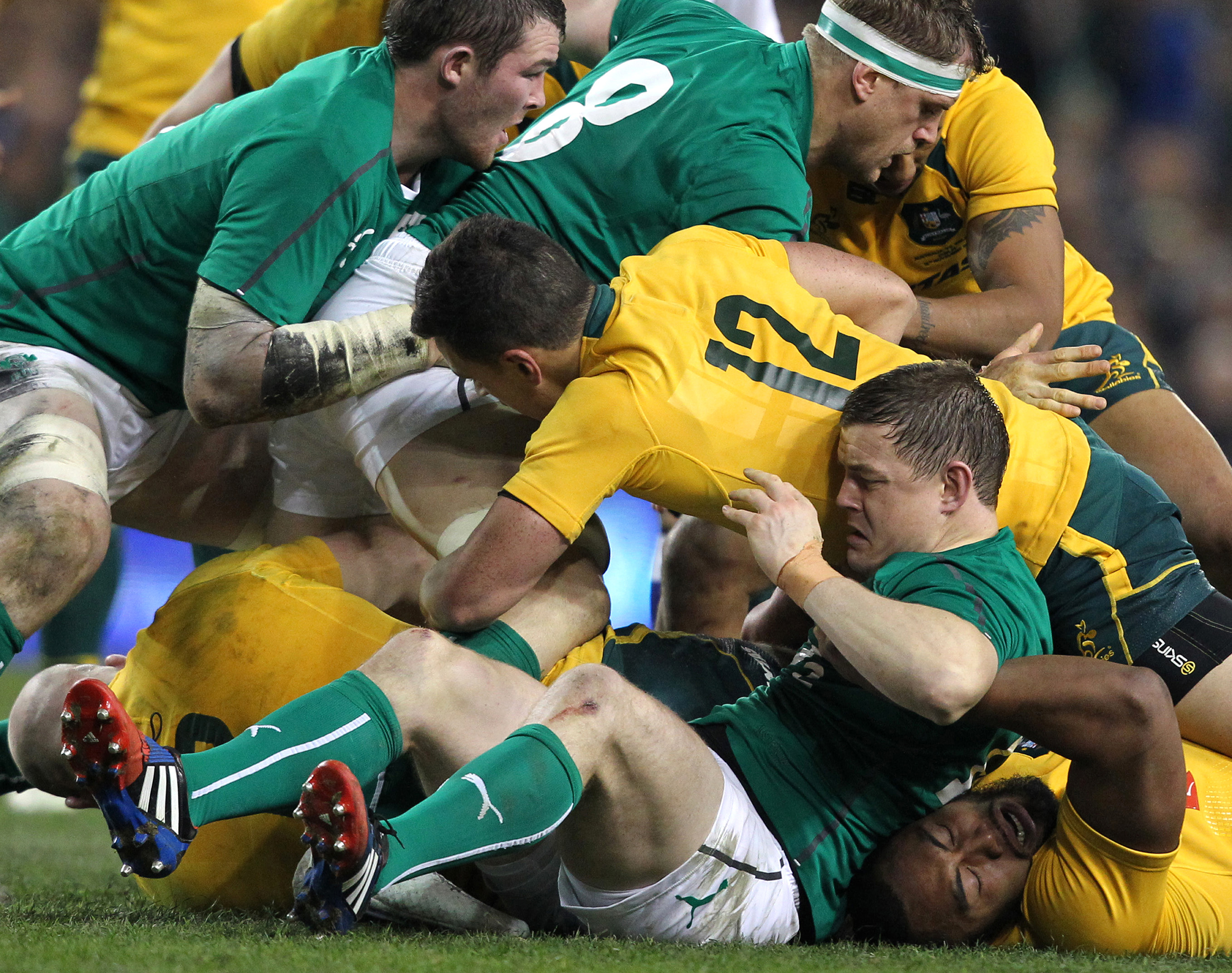James Larkin
Contributor
Contact sports are coming under huge scrutiny at the moment over the topic of concussion. Every weekend there seems to be an example of a player suffering a concussion in a contact sport such as rugby, NFL or soccer. A lot of the time the players who have suffered from concussion return to the field of play unless they are completely incapacitated. At the moment the guidelines for most contact sports are that if a player is suspected to have suffered a concussion then they should be removed from the field of play and not let return to the game, they are then continually assessed by a physician until it is deemed safe for them to return to training and subsequently to a game. Under these guidelines a player cannot overrule the decision of the doctor although these guidelines are not always adhered to. The player often wants to stay on the field and sometimes their coach and fellow players also want them to stay on the field; even in a concussed state they are still capable of having a positive impact on the game for their team. So should a player be forced to leave the field of play if they suffer a concussion?
Before we can discuss why players might be allowed to stay on the field of play with concussion we must discuss why they are taken off. A concussion is a mild traumatic brain injury which consists of either bruising of the brain or straining of nerve cells or both, this can lead to some nerve cells being unable to communicate with the rest of the body. Recovery times for concussion vary from days to weeks depending on the severity of the injury. If another concussion occurs before the brain has time to recover then the damage will be worsened. A second concussion can even be fatal. When someone suffers a concussion they become confused and unable to think clearly. In a contact sports situation this leaves them more likely to receive a second concussion as they may make wrong decisions leading to dangerous scenarios. These scenarios are not only dangerous for the player who has suffered from the concussion but also the players around them, so the player is taken off in the interest of their own health and the health of the players they are playing against.
Along with these short term consequences of concussion there are also long term consequences; players who suffer multiple concussions can go on to suffer from many mental disorders such as depression, Alzheimer’s disease and chronic traumatic encephalopathy to name a few. With regards to the player’s own health, should a player be allowed to damage his own brain if they want to? It is completely logical that players who have just suffered a concussion cannot make the decision to stay on the field as they cannot think clearly due to the nature of the injury, but what about a player who has been wholly educated on the risks and results of staying on the field with a concussion? Should that player be allowed to declare that he wants to stay on the field if hypothetically he does become concussed? The player might have to waive his medical insurance but many teams seem to want to keep their players on the field even if they have suffered concussion so maybe not. Players often play on with injuries without waiving their rights to medical insurance so why should the brain be any different as long as the player knows the consequences?
A more pertinent issue is the health of the players that the concussed player is playing against. As previously mentioned, concussed players are more likely to get themselves into dangerous situations due to poor judgement; these situations are risky for both the player and the players around them. Proper criteria must be laid out in order to determine which players pose no threat to other players and which ones do. Players who receive multiple red cards for badly timed tackles are allowed to play again once they’ve fulfilled the ban even if some of those tackles are career ending. Perfectly healthy players may show the same lack of balance or inability to think clearly as a player who has just suffered from concussion and they are allowed to play. So the fact that a player who has suffered concussion is more likely to injure the players around them should be of no more relevance than the fact that a player who has received multiple red cards is more likely to injure the players around them.
At the moment and with the current guidelines, governing bodies are not even entertaining the idea of allowing a concussed player to play on. The fairer option would be to allow a player who is educated on the subject, in the right frame of mind and aware of the possible consequences of playing with such a condition to make their own decision.






